Weather forecasting for developing regions: Here’s how Web3 can help
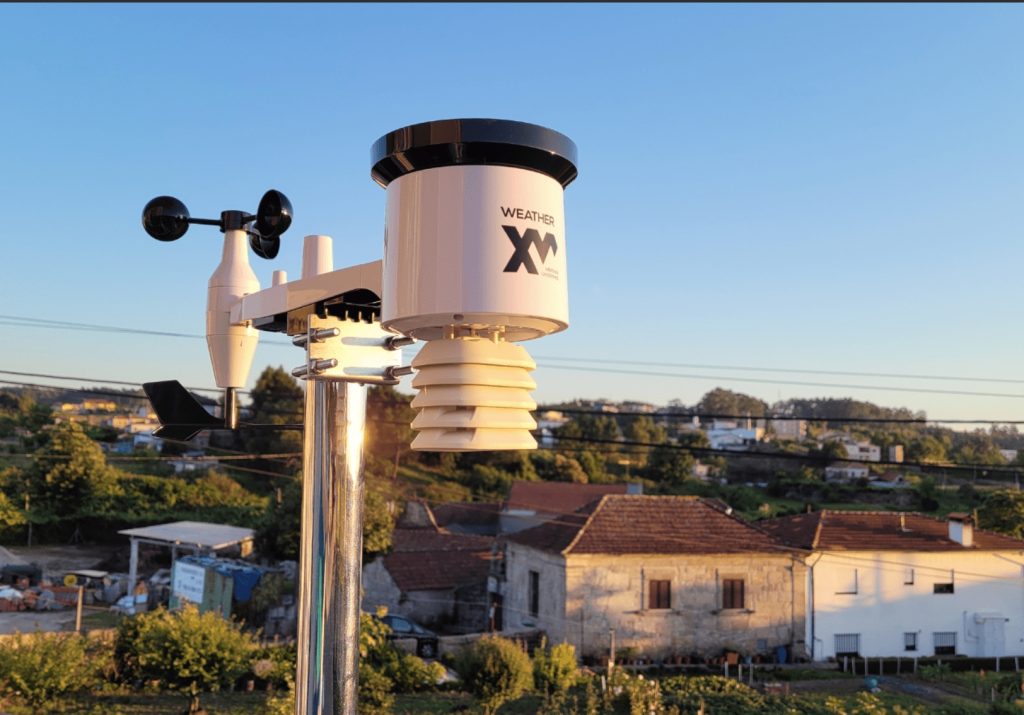
The lack of reliable weather data is a critical issue for agricultural planning in developing countries. This Web3 project steps in to help using blockchain.


WeatherXM, a blockchain-enabled weather stations network, aims to bridge the accuracy gap between high-income and low-income nations and offers hyper-local meteorological data for enhanced safety, economic stability and planning.
When was the last time you went out without checking the weather first? It might seem like a mundane part of technology, but weather forecasting plays a crucial role in society by enhancing public safety, supporting economic stability and facilitating effective planning for individuals and organizations.
From reducing disaster risk to enhancing agricultural planning and management, having reliable access to meteorological observation data is essential for civilization to thrive.
Despite impacting more than one-third of the world economy, reliable weather forecasting data remains out of reach for a surprisingly large portion of the world. Experts argue that there’s a significant disparity in forecast accuracy between high-income and low-income nations, with the former having substantially more accurate forecasts. The uneven distribution of the global weather infrastructure presents significant implications for managing the adverse effects of climate change in less affluent regions.
Web3-powered weather data
WeatherXM, a community-powered weather network, uses blockchain to democratize access to reliable weather forecasting data. Established by a team of engineers and weather scientists, WeatherXM combines the Internet of Things (IoT) technology with Web3 to offer a new way to map the world’s weather.
Compared to slow and expensive national weather agencies, which also need to cover the cost of their investment, The WeatherXM Network operates as a decentralized physical infrastructure network (DePIN). It introduces a decentralized model where low-cost weather stations allow everyone to buy, install and maintain their own station.
The decentralized aspect of the network, built and maintained by a community of weather station owners, enables the project to snowball as the community covers the costs and gets rewarded in WXM — the native token of The WeatherXM Network — for providing data to the network.
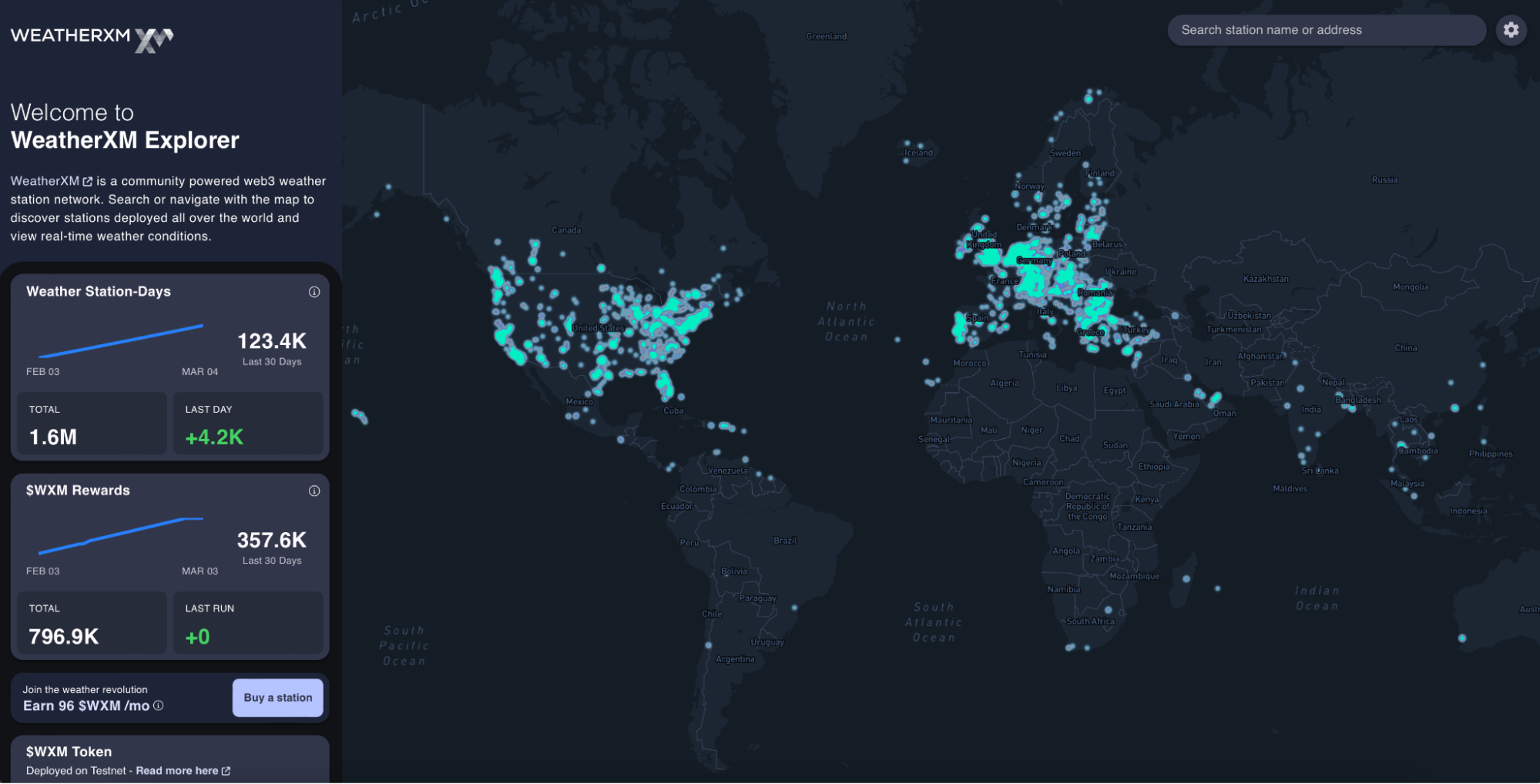
The weather data produced by the network is publicly available via web explorer and mobile apps for Android and iOS. Source: WeatherXM
WeatherXM’s decentralized model addresses the lack of hyper-local weather data globally. Accurate and immediate weather predictions and assessments at the local scale are hard to achieve by the current model of large, expensive weather stations often installed tens of miles apart by governmental weather agencies. With WeatherXM, hyper-local weather forecasting becomes available thanks to the distributed nature of its DePIN.
Weather station donation campaign
WeatherXM has recently launched a campaign on the crypto donation platform Giveth to go beyond establishing a decentralized weather network and providing weather stations to the areas most needed. All donations collected from the campaign will be used to donate ten weather stations to EthicHub farmers.
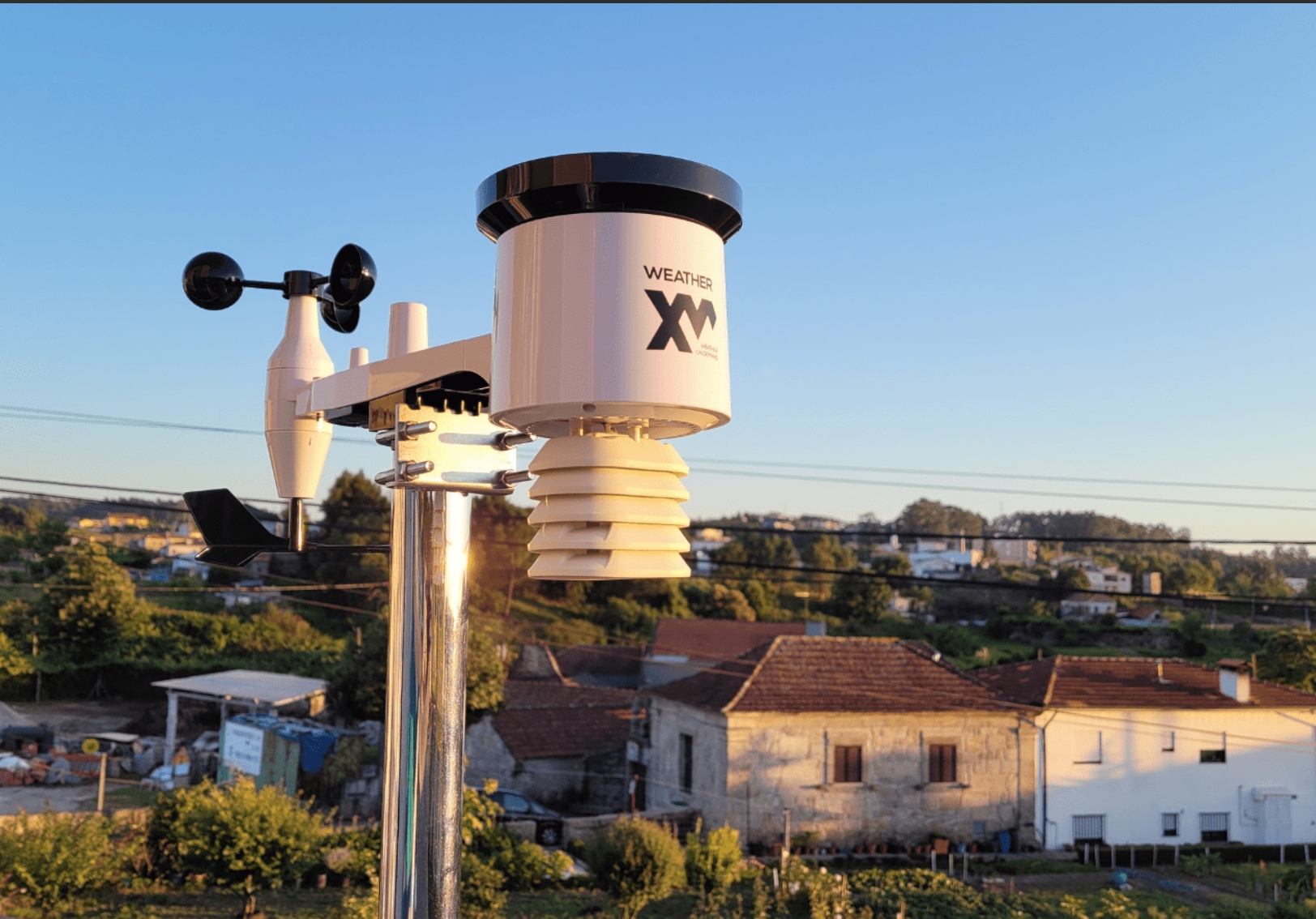
WeatherXM is building a decentralized global network of weather stations.
“We have deployed more than 4,700 stations in 81 countries in record time, but the areas that need them the most are the ones with slower adoption rates. We are about to change this,” said Manos Nikiforakis, WeatherXM CEO. “Every station we install in an underserved area is a win both for the local economies and meteorologists around the world who can get new, valuable data for their models.”
Following the foundation of the WeatherXM Network Association in November 2023, the project is now preparing to launch the WXM token with long-term plans of becoming a decentralized autonomous organization (DAO).
The Web3-powered weather data network presents a wide range of benefits, including enhanced public safety through more reliable weather predictions, support for economic stability by aiding industries heavily reliant on weather conditions and facilitating more effective planning for individuals and organizations.


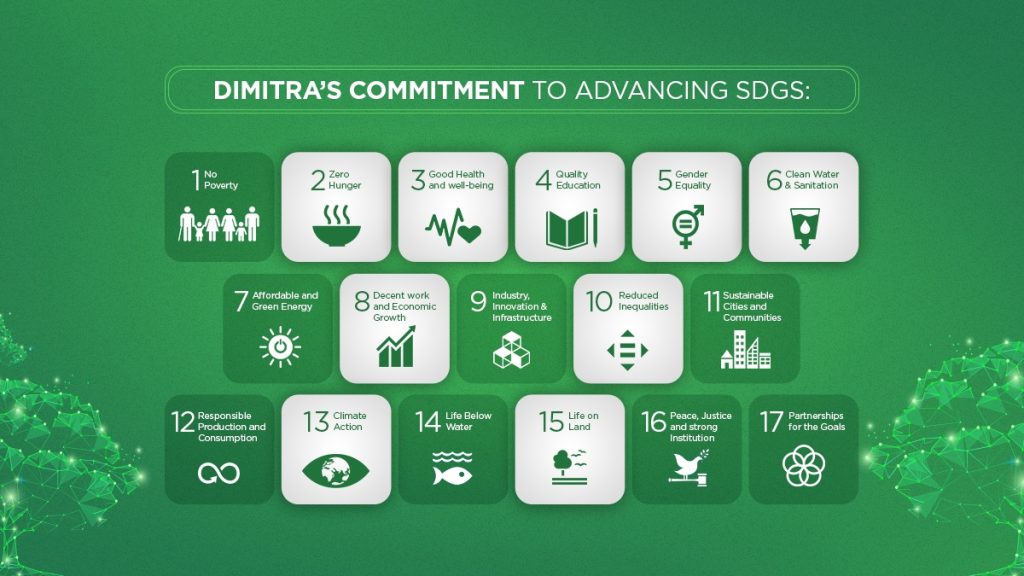
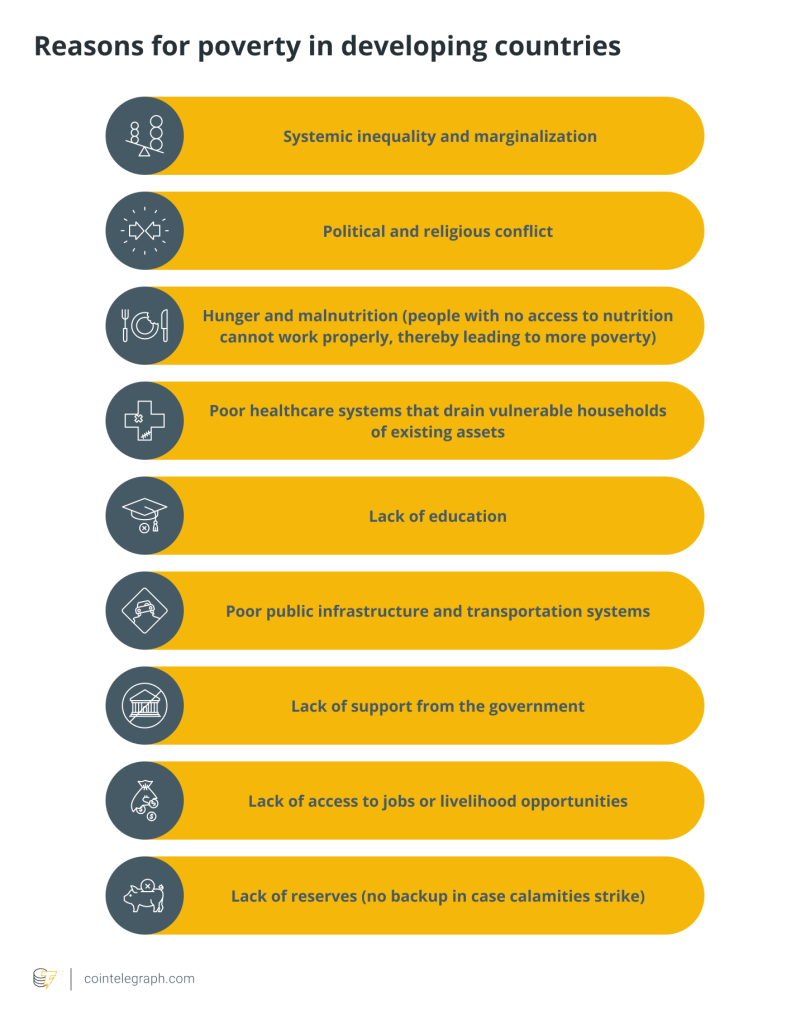

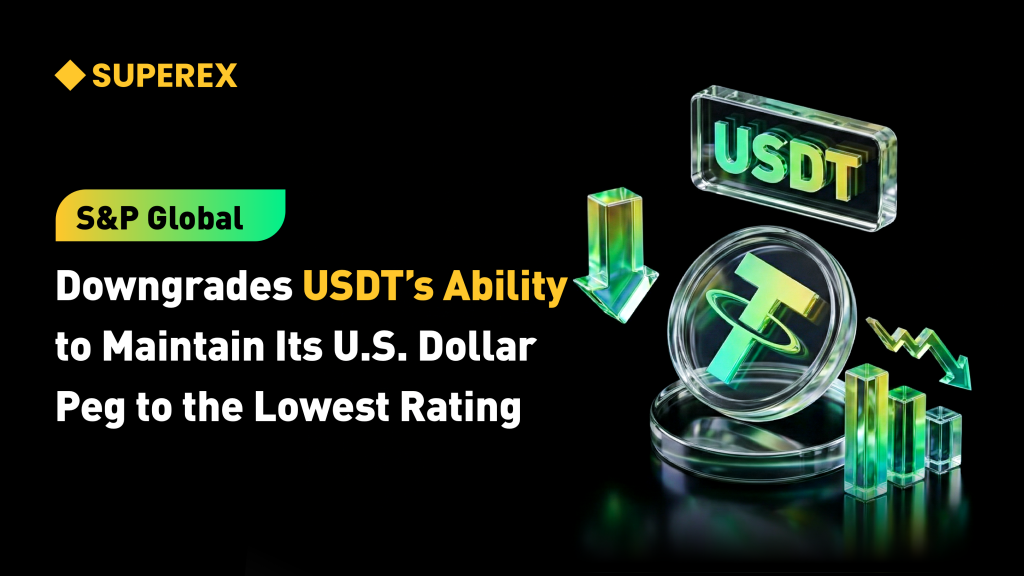
Responses